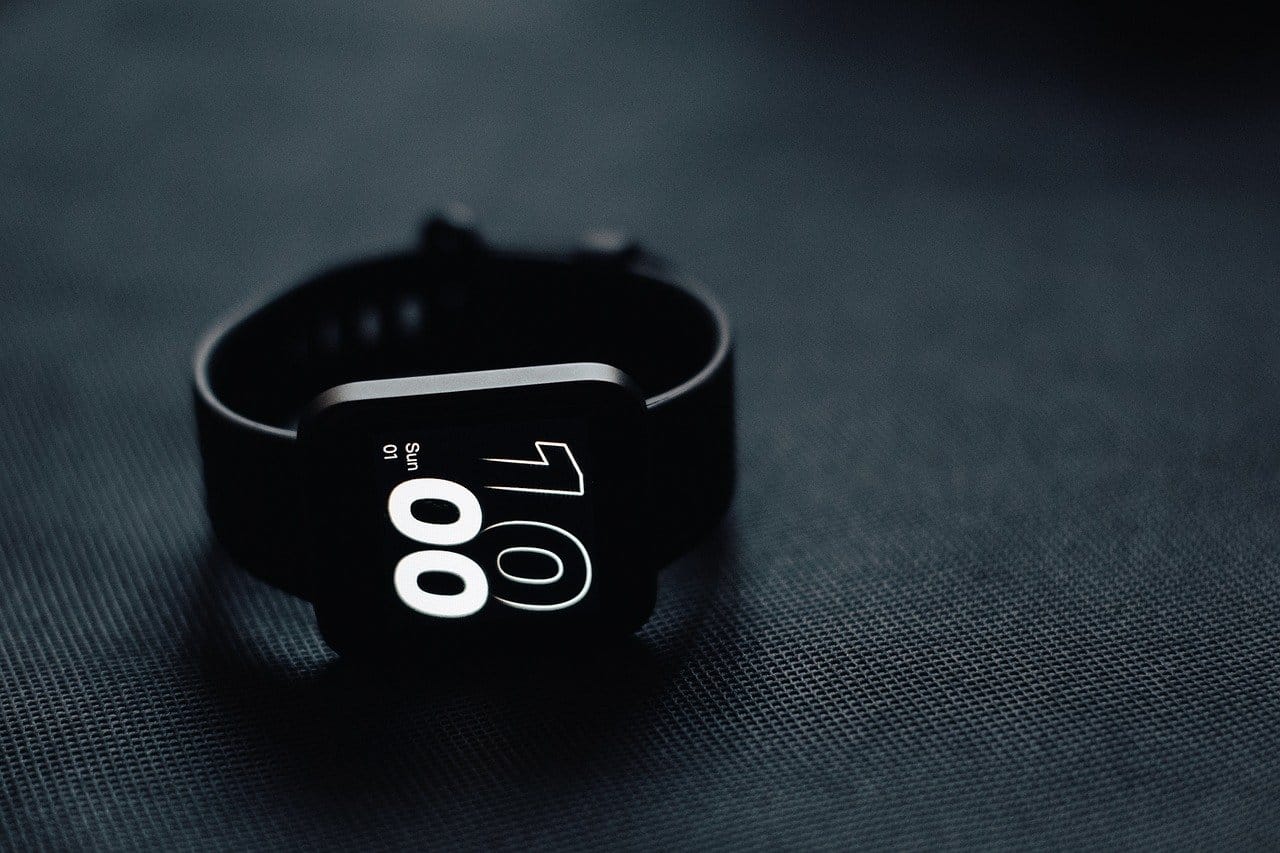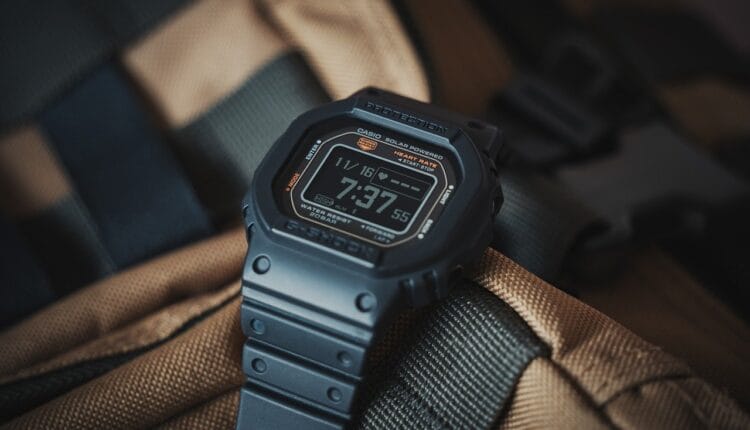What is the Difference Between Sports Watch & Smartwatch?
In a world driven by technology and convenience, watches have evolved far beyond just telling time. Two of the most popular types of modern watches are sports watches and smartwatches. Both types serve a specific purpose, and while they may appear similar at first glance, they are designed for different functions. Let’s delve into the key differences between a sports watch and a smartwatch, helping you decide which is the best fit for your needs.
Understanding the Basics
Before diving into the details, it’s essential to understand what sports watches and smartwatches are.
What is a Sports Watch?
A sports watch is typically designed for athletes, fitness enthusiasts, and outdoor adventurers. It focuses on durability, water resistance, and specific sports functions such as tracking your pace, distance, heart rate, and laps. Sports watches are built for rugged use, often with a sturdy design and robust materials to withstand extreme conditions.
What is a Smartwatch?
A smartwatch, on the other hand, functions as an extension of your smartphone. It provides notifications, apps, calls, and messaging features, in addition to fitness tracking. Smartwatches blend technology with convenience, offering a wide range of capabilities, including health monitoring and connectivity options. While smartwatches often have fitness-tracking features, they are more general-purpose than sports watches.
Key Differences Between a Sports Watch and a Smartwatch

Now that we know what each device is, let’s compare their main features and see how they differ.
1. Fitness Tracking Capabilities
- Sports Watch: Built specifically for fitness and outdoor activities, sports watches excel in tracking various sports-related metrics such as running speed, swimming strokes, cycling cadence, and more. Many sports watches also offer GPS navigation, making them a favorite among runners and cyclists. They’re highly accurate when it comes to monitoring performance.
- Smartwatch: While smartwatches also offer fitness tracking features like step counting, heart rate monitoring, and basic exercise tracking, they are not as specialized as sports watches. Some smartwatches come with GPS functionality, but their accuracy might not be as precise for specific athletic activities.
2. Battery Life
- Sports Watch: One of the most significant advantages of sports watches is their impressive battery life. Many sports watches are designed to last for days, or even weeks, on a single charge, especially in GPS mode. This makes them ideal for long-term use during outdoor adventures without worrying about frequent recharging.
- Smartwatch: Smartwatches, on the other hand, usually have shorter battery life due to the multitude of features they support, such as notifications, apps, and constant Bluetooth or Wi-Fi connectivity. Most smartwatches need to be charged every day or two, which can be a drawback for users seeking long-lasting battery performance.
3. Durability and Build Quality
- Sports Watch: Designed for extreme conditions, sports watches are typically more durable than smartwatches. They are built with rugged materials like stainless steel, titanium, or reinforced plastics and are often water-resistant to great depths, making them ideal for water sports like swimming or diving. The focus on durability ensures that sports watches can withstand harsh outdoor environments.
- Smartwatch: While some smartwatches are durable and water-resistant, they are generally more fragile than sports watches. They are often made with a more fashionable design in mind, using materials such as aluminum or glass, which may not be as resilient in outdoor or sports settings. The water resistance of smartwatches is usually sufficient for light rain or shallow water but may not be suitable for deep diving or rough sports activities.
4. Functionality Beyond Fitness
- Sports Watch: Sports watches are highly focused on fitness and performance. Their functions include timekeeping, stopwatch, heart rate monitoring, GPS tracking, and other fitness-centric features. However, they often lack non-sport-related functionalities such as notifications, calls, or the ability to run apps.
- Smartwatch: A smartwatch is essentially a mini-computer on your wrist. In addition to fitness tracking, it provides notifications, music controls, payment options, voice assistants, and app support. You can use a smartwatch to answer calls, reply to messages, and even check social media, making it a multifunctional device.
5. Price Point
- Sports Watch: The price of sports watches varies depending on the brand and features. High-end sports watches with advanced functionalities like multi-sport modes, GPS, and long battery life tend to be more expensive, often ranging from $200 to $700 or more. Basic models may cost less but still offer essential features.
- Smartwatch: Smartwatches also have a wide price range. High-end smartwatches like the Apple Watch or Samsung Galaxy Watch can cost upwards of $400, but there are more affordable models in the market that offer basic features for $100 to $300. The price depends largely on the brand, design, and additional smart features like cellular connectivity.
6. Customization and Style
- Sports Watch: Sports watches usually have a more utilitarian design, focusing on performance rather than aesthetics. They come with limited customization options, but their robust and rugged build appeals to users who prioritize function over form.
- Smartwatch: Smartwatches offer a wide variety of customization options. You can change watch faces, swap straps, and choose from a range of designs to suit your personal style. They are available in different shapes, sizes, and colors, making them more fashionable and versatile for everyday wear.
Which One Should You Choose?

Choosing between a sports watch and a smartwatch depends on your needs and lifestyle.
- If you’re a serious athlete, fitness enthusiast, or someone who enjoys outdoor activities, a sports watch is likely the better choice. Its durability, specialized features, and long battery life make it ideal for those who require precision and reliability in their workouts.
- If you’re looking for a versatile device that offers more than just fitness tracking—like notifications, music control, and apps—a smartwatch may be the better option. It’s a blend of technology and style that can fit into everyday life while still helping you stay active.
Conclusion
While both sports watches and smartwatches are highly functional in their own ways, they cater to different user needs. Sports watches focus on athletes and fitness enthusiasts who need specialized performance tracking and durability, while smartwatches are geared toward people who want a multifunctional device that can do everything from checking emails to tracking steps. The best watch for you depends on your lifestyle, priorities, and how you intend to use it.
